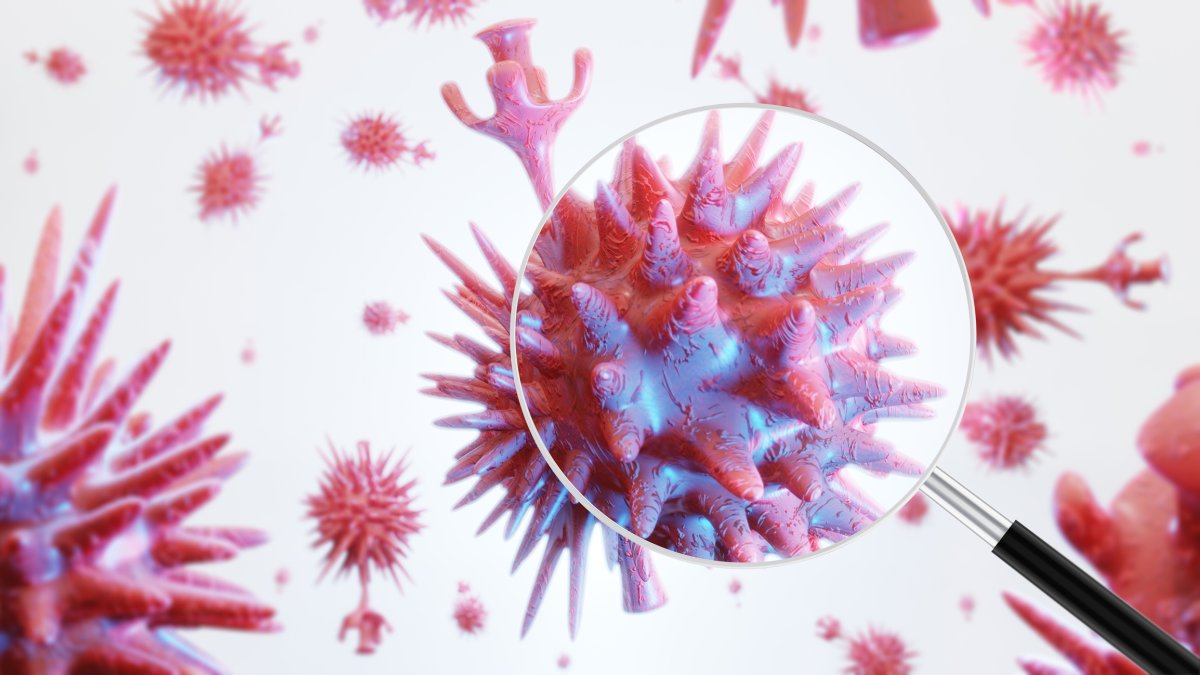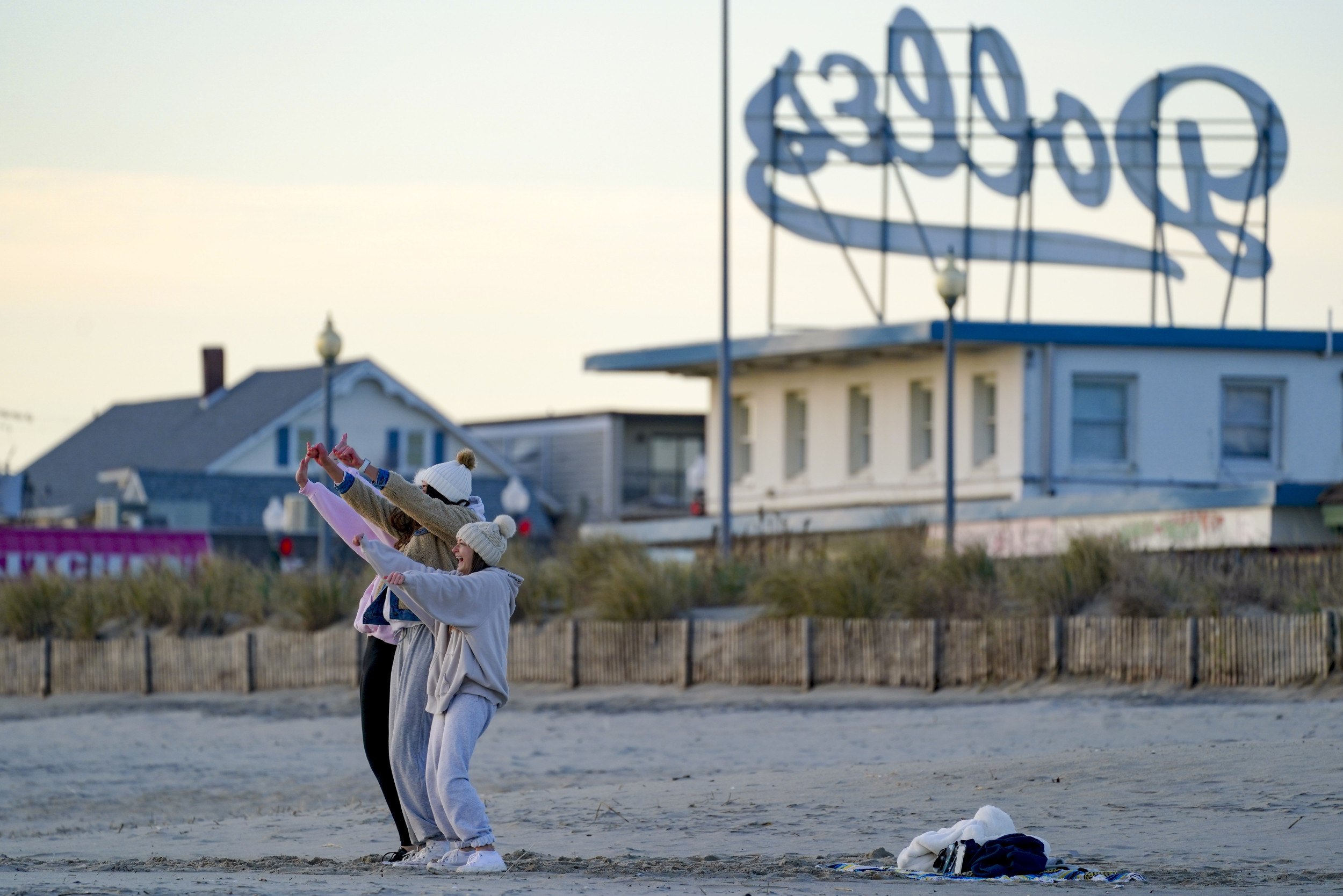A Siberian virologist has infected himself with coronavirus for a second time in an experiment to better understand immunity to the virus. Alexander Chepurnov said antibody levels were no longer detectable three months after the first infection, and that his second bout of the disease left him hospitalized.
Chepurnov, 68, from Novosibirsk, told the local newspaper Komsomolskaya Pravda that he was infected with SARS-CoV-2 in March. He believes he caught the virus after stopping off in Moscow on his way to a skiing holiday in France. He fell ill, suffering from a fever, chest pain and a loss of the sense of smell. He returned home and was diagnosed with pneumonia, but antibody tests later showed he had been infected with coronavirus.
He and his research team at the Institute of Clinical and Experimental Medicine, which is part of the Russian Academy of Sciences, then started recording the way his antibodies "behaved," recording how levels in his body changed over time.
"The observation [showed] a fairly rapid decrease," he told the newspaper referring to his antibody levels. "By the end of the third month from the onset of the disease, they ceased to be determined."
He then decided to get reinfected to see how his body responded. He did this by spending time with patients with coronavirus, without wearing a mask. Every two weeks he was tested to see if he had been reinfected.
Six months after his initial illness, "protection fell," he said. He became ill for a second time, testing positive for the disease. Over the course of the second infection, he was hospitalized. He suffered from a high temperature, lost his sense of smell and X-rays showed pneumonia. "The pain was more severe than the first time," he told Komsomolskaya Pravda.
There are a number of problems with Chepurnov's experiment. Because his first case of COVID-19 was only found via antibodies, it is difficult to determine whether he suffered from two different strains of the virus. This is required to confirm a person has been reinfected with SARS-CoV-2, rather than the original virus reemerging in the body. He also points out, his reaction may not be the same as other people. Far more cases of reinfection will need to be studied before any conclusions are drawn about immunity.
However, Chepurnov's case largely falls in line with reports of other reinfection cases reported in the scientific literature. In the Netherlands, an 89-year-old woman died after being reinfected with coronavirus two months after her initial diagnoses. This was the first known death from reinfection.
A handful of other case reports suggest the second infection can be more severe than the first. In the U.S., a 25-year-old man from Nevada had to be hospitalized for COVID-19 after being reinfected, having recovered from the first case while self-isolating at home.
In Brazil, a 36-year-old doctor became reinfected following a mild case of the virus three months earlier. Researchers said that the second time round she experienced a "more intense" inflammatory response. After the eleventh day of the infection, a CT scan showed she was suffering from acute viral pneumonia.
These cases of reinfection have important implications for how long immunity to the virus lasts, with some politicians and scientists currently pushing for a "herd immunity" approach to the pandemic. This would involve allowing the virus to sweep through a community, allowing healthy people to become infected. This would supposedly provide a level of protection to those more vulnerable as transmission would be significantly reduced.
Chepurnov said his own experiment is a warning against a herd immunity approach. He also said it has implications for a vaccine, suggesting multiple doses will be required. As a result, Chepurnov thinks the virus will be with us for many years to come.

Uncommon Knowledge
Newsweek is committed to challenging conventional wisdom and finding connections in the search for common ground.
Newsweek is committed to challenging conventional wisdom and finding connections in the search for common ground.
About the writer
Hannah Osborne is Nesweek's Science Editor, based in London, UK. Hannah joined Newsweek in 2017 from IBTimes UK. She is ... Read more
To read how Newsweek uses AI as a newsroom tool, Click here.








